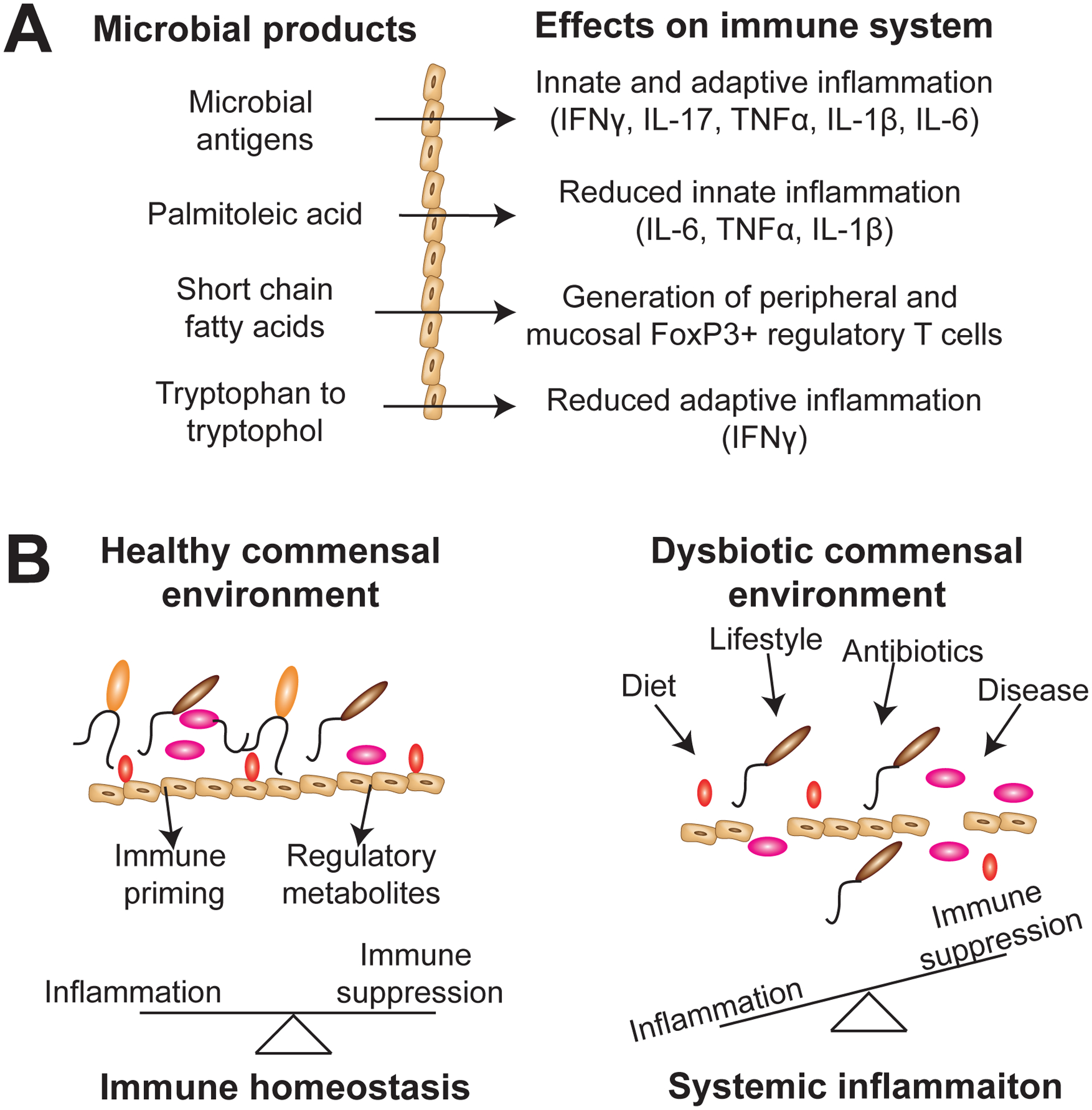Figure 1: Commensal microorganisms are crucial for the maintenance of immune homeostasis.

A) Microbial antigens activate microbe-specific T cells to produce IFNγ and/or IL-17 or induce myeloid cells through stimulation of TLR and NOD signaling pathways to produce inflammatory cytokines such as TNFα, IL-1β, and IL-6. Microbial metabolites such as palmitoleic acid, short chain fatty acids, and degradation of tryptophan to tryptophol result in reduced inflammation through modulation of innate-mediated inflammation, the generation of regulatory FoxP3+ T cells, or reducing IFNγ production from T cells. B) A balanced commensal microbiome results in balanced inflammatory and immune regulatory signals, which result in local and systemic immune homeostasis. However, factors such as poor diet, lifestyle factors, antibiotic usage, and disease can all negatively influence the balance of the commensal ecosystem resulting in dysbiosis. Intestinal leakage and translocation of commensals, enrichment for inflammatory commensals, and a loss of immune regulatory commensals results in local and systemic inflammation.
